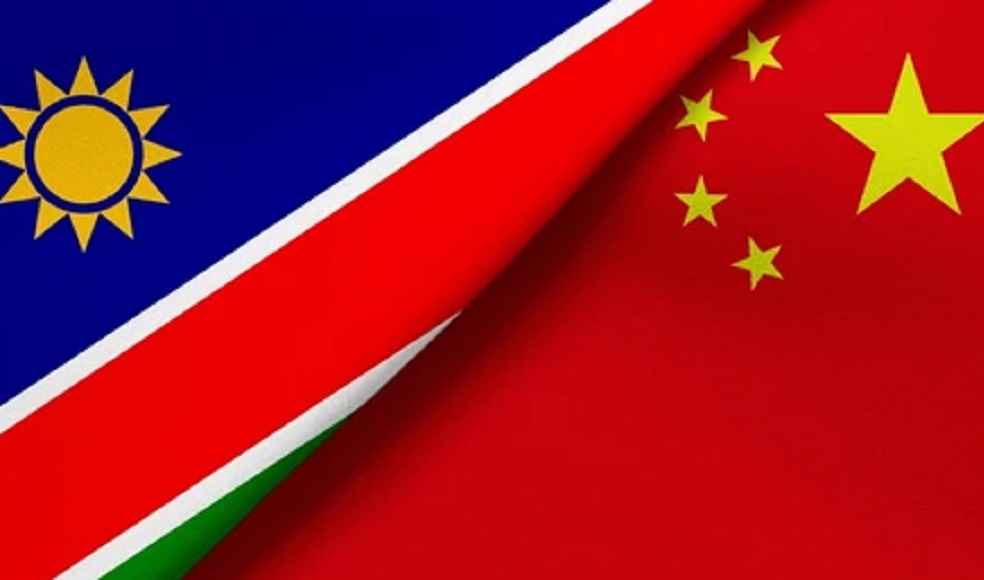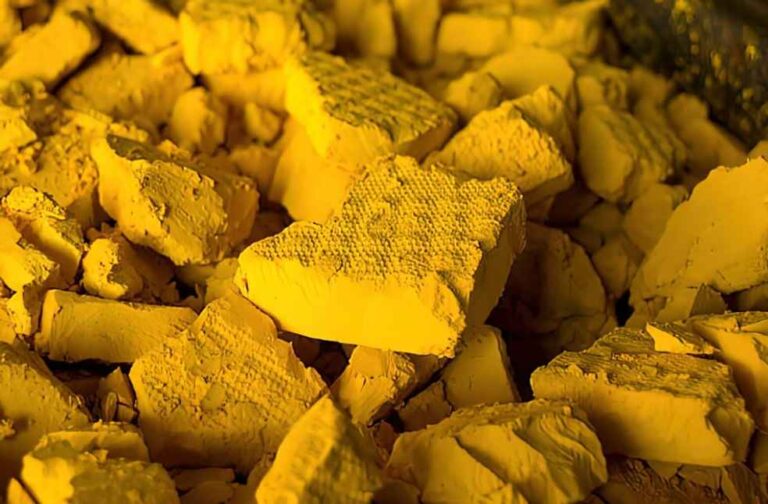China has signaled readiness to diversify Namibian Imports, marking an evolution in the trade relationship between these two nations. With bilateral trade exceeding $1.3 billion in 2023, a 16.5% increase from the previous year, China remains a pivotal market for Namibia’s primary exports including minerals like uranium and lithium, as well as agricultural staples such as beef and oysters.
Recent negotiations seek to extend the range of exported goods, incorporating Namibian deep-sea red crab, abalone, mutton, grapes, and frozen lobster into the Chinese market. Shen Jian, Chargé d’affaires at the Chinese Embassy, conveyed this during an information session at the China International Import Expo (CIIE) held in Beijing. The CIIE promotes trade liberalization and economic globalization, aiming to integrate diverse global economies into the Chinese market.

Jian emphasized the expo’s role in educating Namibian businesses about the opportunities within China’s expansive markets, enhancing the export of high-quality Namibian products. This initiative aligns with China’s broader strategy to support global economic cooperation and growth.
The symbiotic relationship benefits both nations extensively. Over 50 Chinese enterprises operate within Namibia, creating upwards of 10,000 jobs and substantially contributing to the local economy. Significant Chinese investments in Namibia’s uranium industry, notably through Swakop Uranium and Rössing Uranium, contribute around 7% to the nation’s GDP and generate approximately N$1.3 billion in annual tax revenues.

During the event, Angela Pretorius, Deputy Director in Namibia’s Ministry of Industrialisation and Trade, underscored the necessity of sustained partnerships that enhance local commodities, thereby stimulating job creation and economic growth. She called for the elimination of trade barriers, enhanced market access, and an investment-friendly environment to solidify economic relations.
With China’s increased openness to a broader array of imports, Namibia is positioned to transform its economic landscape and reinforce its strategic relevance in global commerce.
IMEX SECTOR | UK Scraps 8% Flower Tariff: Major Boost for Kenya, East Africa Trade



